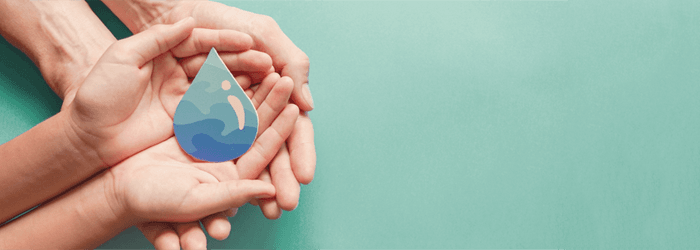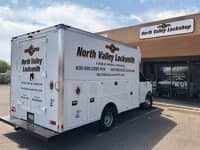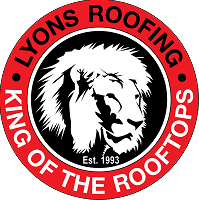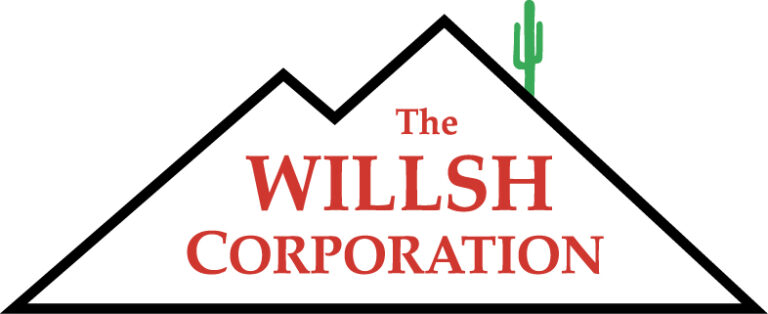Water. Such a simple topic and yet so complicated and convoluted.
Arizona residents often complain about their water. It starts with how scale builds up on their shower walls and doors and around their faucets, making everything harder to clean. Then they complain about how their water tastes.
Some issues stem from the fact that Arizona’s water supply is “hard” due to high levels of calcium and magnesium bicarbonates occurring naturally in the water. The U.S. Department of Interior has defined water as being slightly hard when it has from 1 to 3.5 grains per gallon of calcium and magnesium. In Arizona, hardness levels can exceed 20 grains per gallon. These levels are not harmful to health, and approximately 80 percent of the water in the United States is considered hard.
In any case, these minerals are what creates the scale build-up inside your plumbing and appliances. The useful life of dishwashers and water heaters can be shortened as a result. The harder the water, the harder it is to get your laundry clean. There are businesses in Arizona to help you control these issues. Maybe you’d like to try their products, but the many solutions plus the difficulty in understanding the technology can make buying or renting a water treatment system very confusing. In some cases, sales representatives for various water systems can make outlandish claims for their systems when actually there is no magic that can fix all water issues.
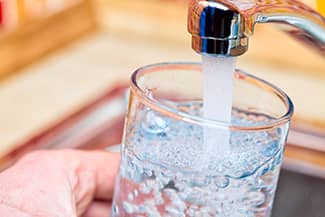
First of all, you have to decide what it is you want to get done. If you’re mainly interested in getting high quality drinking water delivered at your kitchen sink, our position is that you should get a reverse osmosis system or distillation unit to remove the chlorine from drinking water and improve its taste. If you want to go to the next level and end scale build-up on your shower walls, reduce dry skin problems and cut back on your use of soaps, detergents, shampoos, and fabric softeners, you should consider buying or renting a water softening system. The following is a guide to some types of water treatment and what you should know if you’re interested in buying or renting a system:
Water Softening
The main way of reducing hardness in water is by installing an ion exchange water softener. It will remove hardness — the scale-forming calcium and magnesium — by replacing them with sodium chloride or potassium chloride. The softened water also removes scale in showers, faucets and appliances. Independent studies indicate that softened water results in extended appliance life. During the regeneration process in water softening, effluent is discharged into drainpipes as the trapped calcium and/or magnesium is flushed away by a brine solution. Some softeners discharge more sodium chloride or potassium chloride than others.
Water Purification
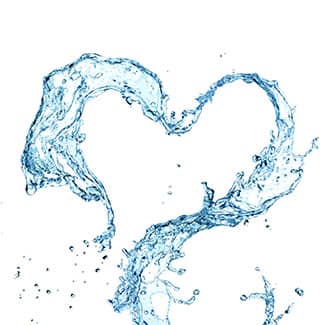
To improve the taste of Arizona water, consider reverse osmosis drinking water systems to provide high quality drinking water. These units that fit under the kitchen sink will supply water to a holding tank and in some cases will connect to a refrigerator. Water goes through a sediment filter which removes large particulates (known as floaties) and then goes through a carbon filter to remove organic material, chlorine and the bad taste. It also goes through a semi-permeable membrane to remove inorganic ions of salts and metals. With these two systems at work in your home, you’ll have a water softener to provide working water for washing, cleaning and bathing and a reverse osmosis system to provide your drinking water.
Alternative Systems
What about those water firms that say that they can suspend or remove hardness without removing the calcium and magnesium bicarbonates from the water? They claim that a catalytic system will provide soft water without using sodium chloride or potassium chloride as water softeners do. You hear these advertised as salt-free systems. These alternative units may include magnetic, catalytic, electric and electro-dialysis equipment. The claim is that their systems introduce energy to the water supply, either from a magnetic field or direct current. Catalytic units apply different metallic elements to affect the ions.
However, the position of the Arizona Water Quality Association (AZWQA.org) is that most alternative conditioner firms offer no independent confirmation that they can remove calcium or magnesium ions from water or reduce the scale formation caused by hard water. On the contrary, many studies of these devices, particularly magnetic and catalytic units, report that no scale reduction takes place.
As part of their presentation some alternative treatment companies also offer carbon filtration which they claim will purify water as well. Carbon filters are not permanent devices and must be replaced periodically to avoid bacteria growth. The same is true for in-line carbon filters in refrigerator water units.
Now that you have the basics on water systems, here are some issues to consider in making your own choice:
- Watch out for companies that try to scare you about the quality of safety of your municipal drinking water supply.
- Watch out for companies that try to use scare tactics to confuse you about the salt content in softened water you might drink. By comparison, an 8-ounce glass of softened water has less than 12.5 milligrams of sodium; an 8-ounce glass of Coca-Cola has 30 milligrams of sodium; and a piece of white bread has about 140 milligrams of sodium.
- Look for treatment systems certified by the Water Quality Association, a non-profit trade association that represents the water treatment industry, or NSF International, another non-profit based in Michigan that sets standards for products including drinking water systems, plumbing and water treatment equipment.
- Ask to see the NSF performance data sheets for comparing different systems.
- Make sure that the system is the right size and is suited to your home. The system should consider the hardness of your water, the size of your plumbing system, the size and configuration of your home and your estimated usage of water.
- Find out what the manufacturer’s warranty is for the system you buy. Can you rent your system or do you have to buy it?
Here are tips on how to hire a water treatment contractor:
- Make sure the contractor is licensed, bonded and insured. Check his or her license number and record on the state Web site for registered Arizona contractors, www.AZROC.gov.
- Make sure your contractor’s business is stable; have they been in the business for five years or more and do they have an actual business location? Do they belong to any professional organization and have at least some staff certified by the Water Quality Association.
- Do they do their own installation or subcontract out some of the work? Is the subcontractor licensed?
- Does the contractor use trained and qualified service technicians for follow-up?
- Did they test your water before recommending a system, even if you are on a municipal water source?
- Did the contractor look at your plumbing and properly size equipment before quoting a price?
- Do you understand the cost of ongoing maintenance and upkeep?
*Note: New testing for various contaminants are added every year. The contaminants are not necessarily new but the testing to detect them is new. This year PFAS (widely used, long lasting chemicals, components of which break down very slowly over time), have made the news and have attracted a lot of media attention. You will want to ask your water treatment provider if they are up to date on the test results and if their equipment reduces these contaminants (most contaminants are too expensive to totally remove from the water). Safe contaminant levels are determined by the Arizona Department of Water Quality azdeq.gov, WQA and the AZWQA. In Arizona, naturally occurring arsenic is an issue and one you should be aware of.
Each city must publish a Consumer Confidence Report regarding the state of their water. Visit your municipalities website to find the current report for your community.
Check out these websites to learn more:
Download Water Treatment Consumer Guide PDF
Monthly To-Do: #CleanWater
###
PHOTO CREDIT
- Shutterstock
ROSIE’S CONSUMER GUIDES

